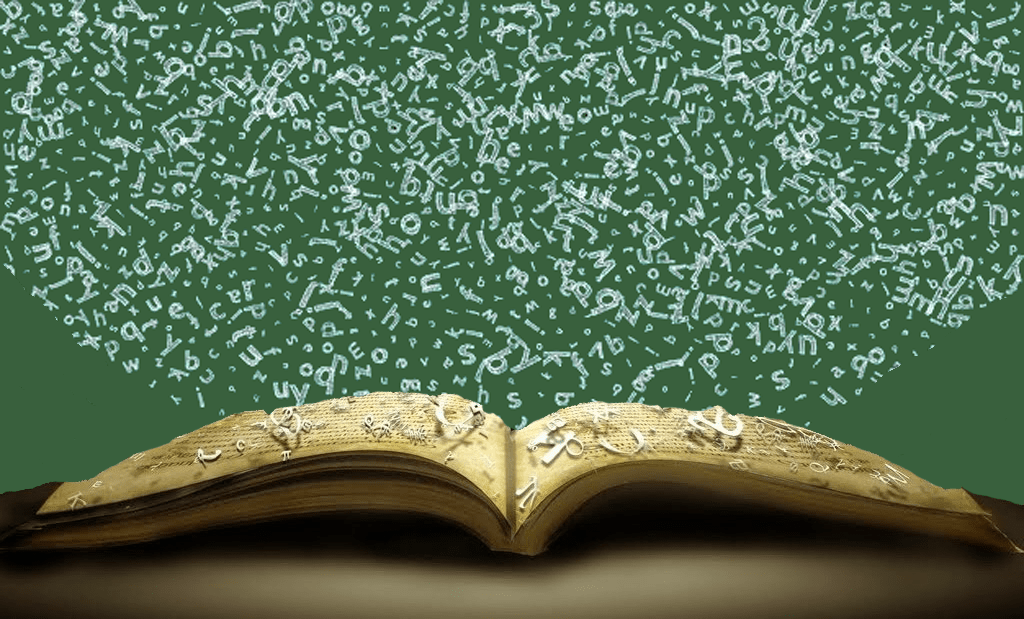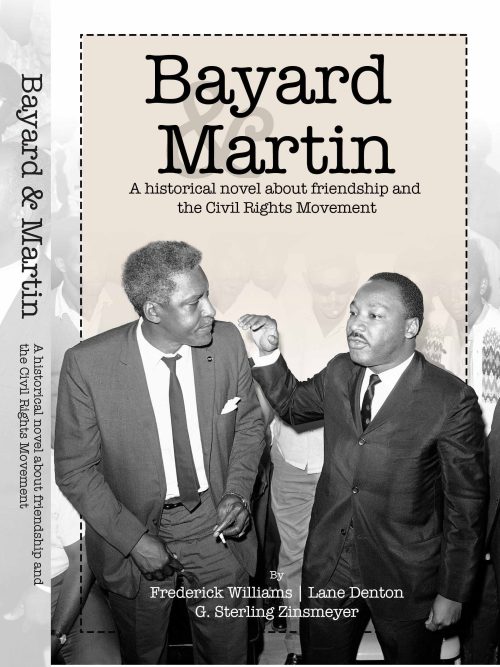






A second factor is that this book was obviously rushed into publication in order to maximize its relevance in view of the current political situation; as a result, however, it suffers from inadequate proofreading. As a Vine reviewer used to receiving uncorrected proofs, this wasn’t particularly disturbing to me. However, since this is a supposedly "finished product", I would caution the “purist” reader to read carefully, but not hypercritically. As one specific example, there is some confusion surrounding the name of Rustin’s first partner, Davis Platt; it is alternatively rendered “David Platt” and “Davis Pratt”. I thank Google for allowing me to be sure of the correct name. However, it is to be hoped that this book will – as a result of its extreme relevance – go into numerous editions, and that more thorough proofing will subsequently result.
Now, more substantively, let me discuss the style and content of this amazing work. It is rendered in the first person voice of Bayard Rustin, and obviously, as the title states, deals most specifically with his commitment to the work of Dr. Martin Luther King, Jr., beginning at the time of the Montgomery Bus Boycott in 1956, and their subsequent friendship. A. Phillip Randolph, at that time one of the leading voices for Negro rights, sent Rustin to tutor King on the Gandhian philosophy and application of non-violent direct action. As the story begins, Bayard as narrator is emphatic that he believes Gandhi’s non-violent resistance is the only way that efforts such as the boycott will result in social change and not annihilation for his people. He is also aware, however, that his “baggage” of having at one time been affiliated with the Communist Party, having been jailed as a draft resistor during the war, and having also been arrested and jailed on a homosexual morals charge in California could make him a distinct liability to “the Cause”. This is indeed an ongoing theme throughout the novel, and in my perception it is discussed with sensitivity and authenticity.
From a personal perspective (and the reader may skip this, if not interested), the book is an extraordinarily valuable trip down memory lane. I can remember from my high school days having heard the names of Bayard Rustin and A. Phillip Randolph in comments by my father (who was much more “into” the concerns of civil rights and pacifism than I as a teenager was aware). When my family and I moved to Tuskegee, AL in 1966 to begin teaching at (then) Tuskegee Institute, we of course had “first row seats” to all the events leading up to the assassination of King and the subsequent metamorphosis of the Movement away from the ethos of non-violence, and the merging of the struggle with anti-Vietnam War protests. Then, 10 years later, we moved to Atlanta, and John Lewis, the former leader of SNCC mentioned in the book, was our Representative to the United States Congress. In addition, I became involved with the LGBT+ religious community, and although I had not attended the 1963 Civil Rights March, I was present for the 1979 Gay Rights March in October of that year. So for me, this novel was deeply personally engaging and profoundly moving.
In summary, “Bayard & Martin” is a well-told story. I believe it does a beautiful job of merging the concerns of Gay Rights with the larger movements for Human Rights, Economic Justice and Peace, and emphasizing the importance of a commitment to non-violent direct action to accomplish social change. In addition, it produces a vivid and very human picture of the various issues of power and conflict which beset all political and social movements, and the insidious effect of all forms of bigotry and judgmentalism. Brilliantly conceived if technically a bit flawed, this book is extremely valuable.
 Trudie Barreras
Trudie Barreras
August 31, 2019
